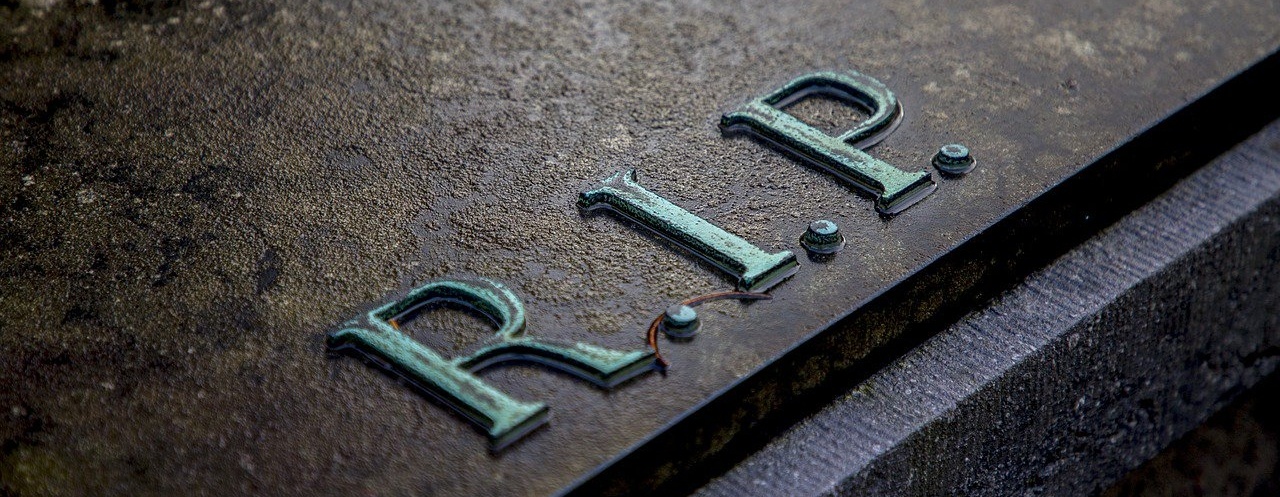What Happens to Your Student Loans When You Die?
It’s depressing to think that your student loans might outlive you. But, unfortunately, it happens.
If you die before paying them off, the fate of your student loans depends on a lot of factors. Sometimes they get forgiven—but in some cases, other people in your life might be on the hook, especially if you’re married. Here’s a look at some of the determining factors.
Where you live
There are two kinds of states in the U.S.—and we’re not talking red and blue.
We’re talking community property and common law. In a community property state, the living spouse is responsible for the deceased spouse’s debt, even if their name isn’t on the original loan. In common law states, the spouse is not responsible for the debts of their dearly departed.
Most states are common law. There are nine community property states—Arizona, California, Idaho, Louisiana, Nevada, New Mexico, Texas, Washington and Wisconsin. Alaska lets you opt in to community property as a couple.
Some community property states offer additional protection for student loan debt. Even in these states, the spouse isn’t held responsible for a deceased person’s student loan unless they were a cosigner.
Whether your loans are federal or private
Your federal student loans are automatically canceled when you die—regardless of the state you live in.
With private student loans, that’s not the case. Some lenders forgive the loan if the loan-holder dies, but there’s no nationwide mandate requiring them to offer this protection.
If the lender does decide to collect when you die, the first thing they’ll do is go after the estate you leave behind. If you don’t leave behind an estate, they’ll get in touch with your cosigner.
If there’s no cosigner, your spouse might be their next target—but whether or not they’ll be able to collect will come down to state law.
See Also: Paying Off Student Loans
Whether you had a cosigner
If someone else cosigned on a private student loan, they may be held responsible for paying it off if you die. This is true for a spouse, parent, or anyone else who cosigned on that loan.
This isn’t true for federal student loans—those get forgiven after your death, whether or not you have a cosigner.
Sometimes, the lender will try to take the money from your estate first—but they aren’t obligated to. If they believe it would be easier to get the cosigner to pay, they could target that person first.
Loan forgiveness comes at a price
Another thing to bear in mind is that when your loan is forgiven, the federal government treats that as income—and there may be a tax penalty involved. If your loans were forgiven because you died, that penalty could be paid out of your estate, or it could fall to your spouse or cosigner.
Hopefully, you’ll pay off your student loan well before you die. But it helps to prepare for the worst-case scenario.
It helps to know the laws in your state. And if you’re considering taking out a private student loan, check to see if your lender has a death forgiveness benefit. This way, you can protect your loved ones in the event that your loans outlive you.
Want to pay your loans off early? See if you're Refi Ready.

